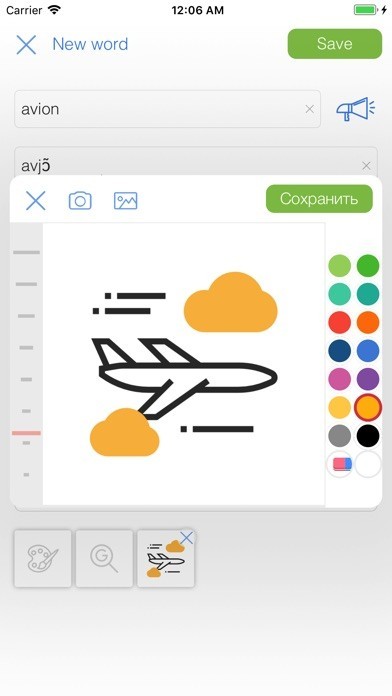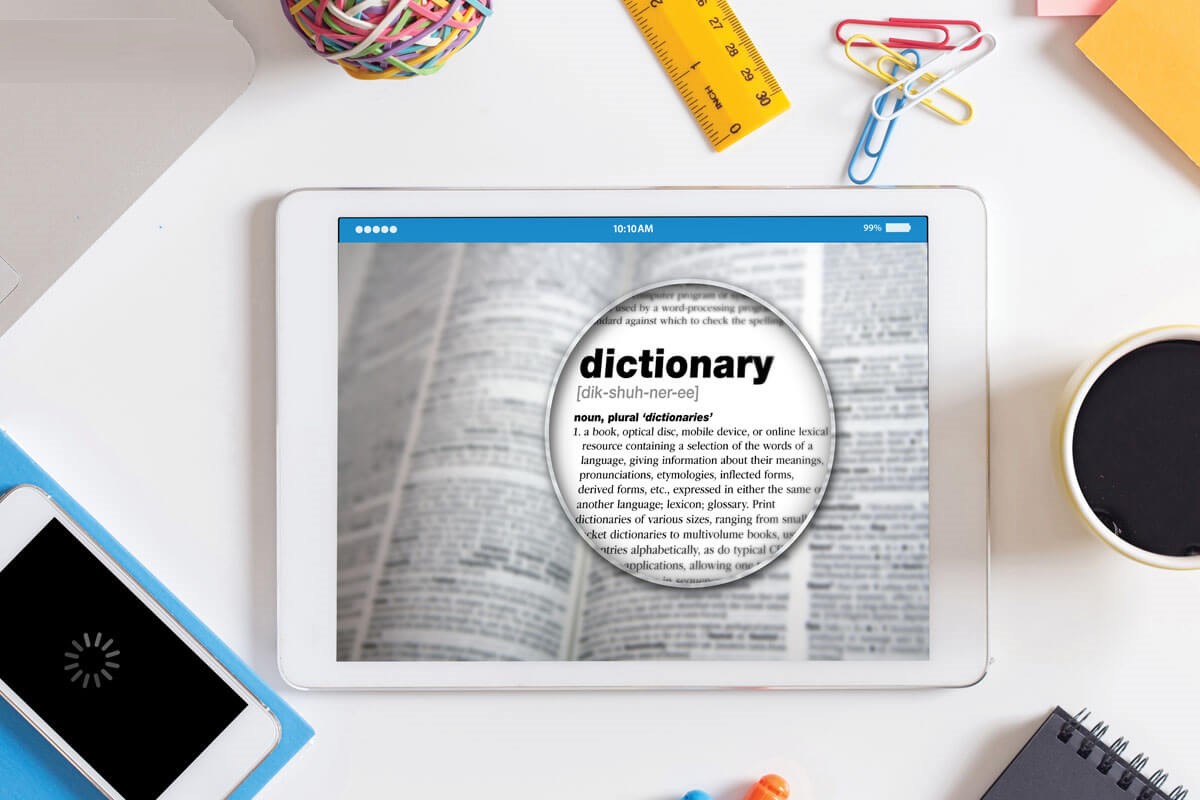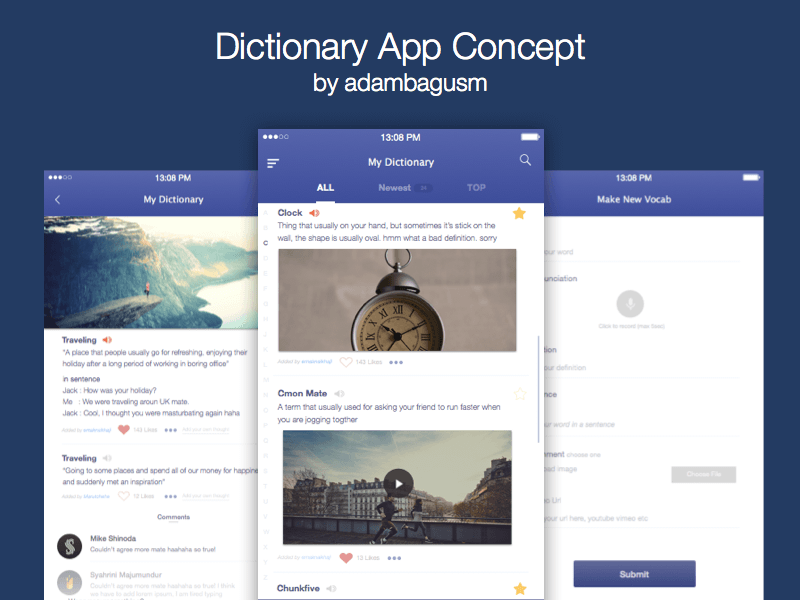

- #Mydictionary app registration#
- #Mydictionary app software#
- #Mydictionary app license#
- #Mydictionary app free#
#Mydictionary app license#
Sometimes publishers may also ask the developer to provide an initial lump sum to license the data.

In terms of profit sharing, the publisher often asks for between 40 and 60 % of the store revenue, after the 30 % app store fee has been deducted. The most basic apps, for example, only support basic headword search and entries are displayed simply as a block of text with minimal styling or formatting. Since app developers lack knowledge on ways to enhance dictionary content and improve the user experience of dictionary lookups, developers focus more on reducing the cost of development as a way to increase profitability.
#Mydictionary app software#
The developer is also the owner of the app.Ī major disadvantage of this approach is that software developers have little experience in terms of how dictionary content should best be utilized and displayed or how dictionaries should be marketed, so the app design, app store description and app functions implemented are often suboptimal.
#Mydictionary app registration#
The developer makes all decisions regarding the app’s design, functions, the marketing of the app and the app store registration and management. The publisher licenses the dictionary content to an app developer, who then takes complete control of the app. The publisher may not have the human resources and know-how to design dictionary apps and so leaves all decisions completely up to the software developer. This first business model is adopted when the publisher wishes to invest little time, effort and money in creating the app.

Broadly speaking, there are three models which describe the way in which the publisher and developer cooperate, share costs and distribute store revenue. The language coverage of available dictionary apps is subsequently covered, as well as the characteristics of high-grossing dictionary apps.įinally, new business models involving freemiums and in-app purchases are analyzed as well as the major competitors of dictionary apps.Īs dictionary publishers have little experience in app software development, they work together with an app software developer to create a dictionary app, which is then uploaded onto an app store. Next, the relative importance of the two major app stores Apple app store and Google Play will be examined in terms of revenue, number of dictionaries and app pricing. The focus is on apps containing premium dictionaries from well-known publishing houses, not on the hundreds of apps containing unbranded, often non-professionally compiled word lists.įirst, the underlying business model of dictionary apps, i.e., revenue models, will be explained. To provide a better understanding of the dictionary app market and business models, an analysis of the current state of the market is provided. Software developers are also scrambling to license premium dictionaries from well-known publishers so that they can profit from the smartphone app boom. As sales from the print dictionary industry decline, publishers are trying hard to make up for the loss in revenue using the income from dictionary app sales, particularly over the last 3 years.
#Mydictionary app free#
The advent of mobile phones, tablets and their associated app stores has given rise to a large range of free and paid dictionary apps for mobile devices. Other business models of dictionary apps, such as freemiums and in-app purchases, are explored and finally the future of the dictionary app market in light of competing products is described. By studying the features of top grossing apps, an attempt is made to identify the characteristics of top selling dictionary apps. The number of free and paid dictionary apps in Google Play and the Apple App Store is next calculated and conclusions about the differences in quality and price of dictionaries in the two stores are explained. Dictionary apps, however, do not appear in the top 200 grossing apps of any app store and hence are not great money earners in the league of games and productivity apps. In both the Apple App Store and Google Play, dictionaries account for 0.22–1.21 % of the app store income, depending on the country. An estimate of the dictionary market as a percentage of all apps is given next. Although the Apple App Store is currently in the lead, Google Play is catching up very quickly, particularly in Japan and South Korea. Next, the Apple App Store and Google Play, the main online stores selling dictionary apps, are described in terms of their market share and revenue. The three types of business models used between dictionary publishers and software developers are listed as well as their advantages and disadvantages. In this paper, an analysis of the smartphone dictionary app market is presented.


 0 kommentar(er)
0 kommentar(er)
